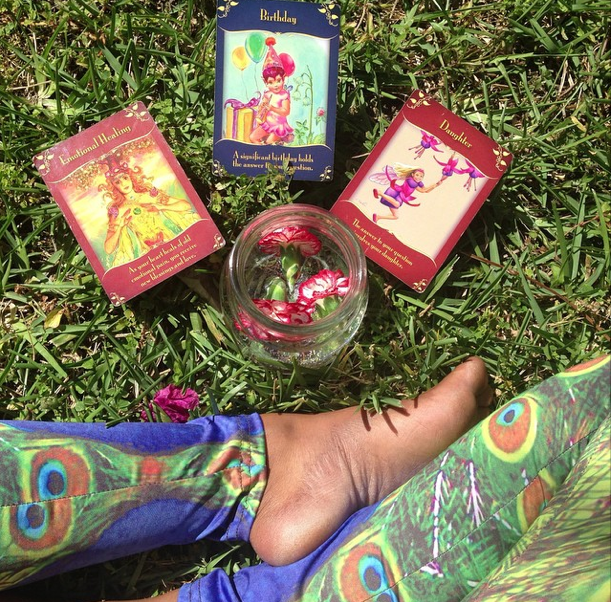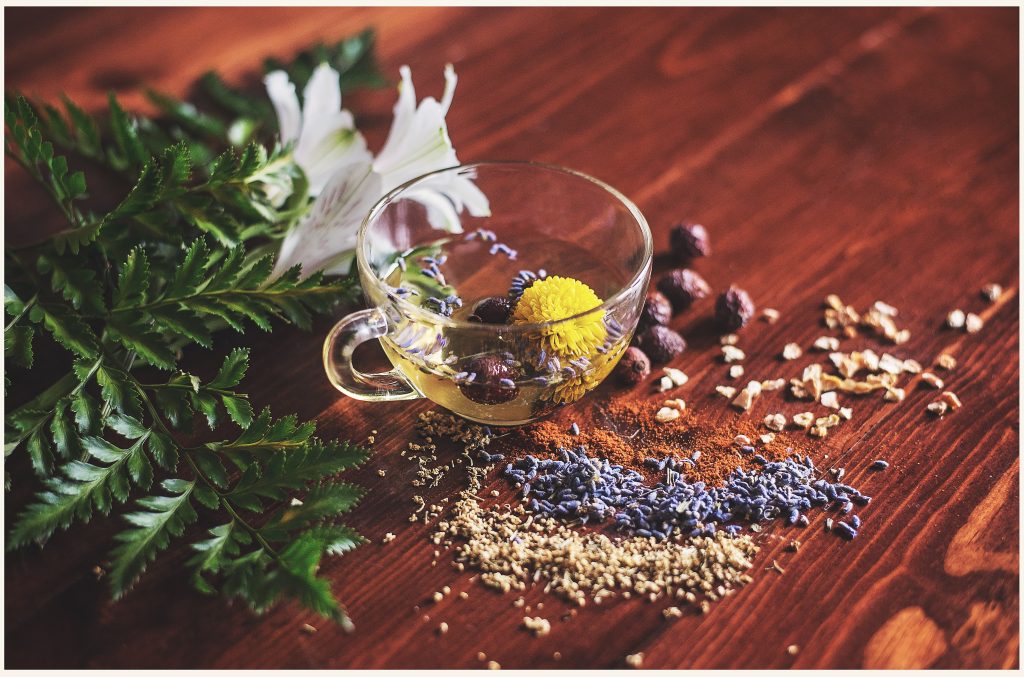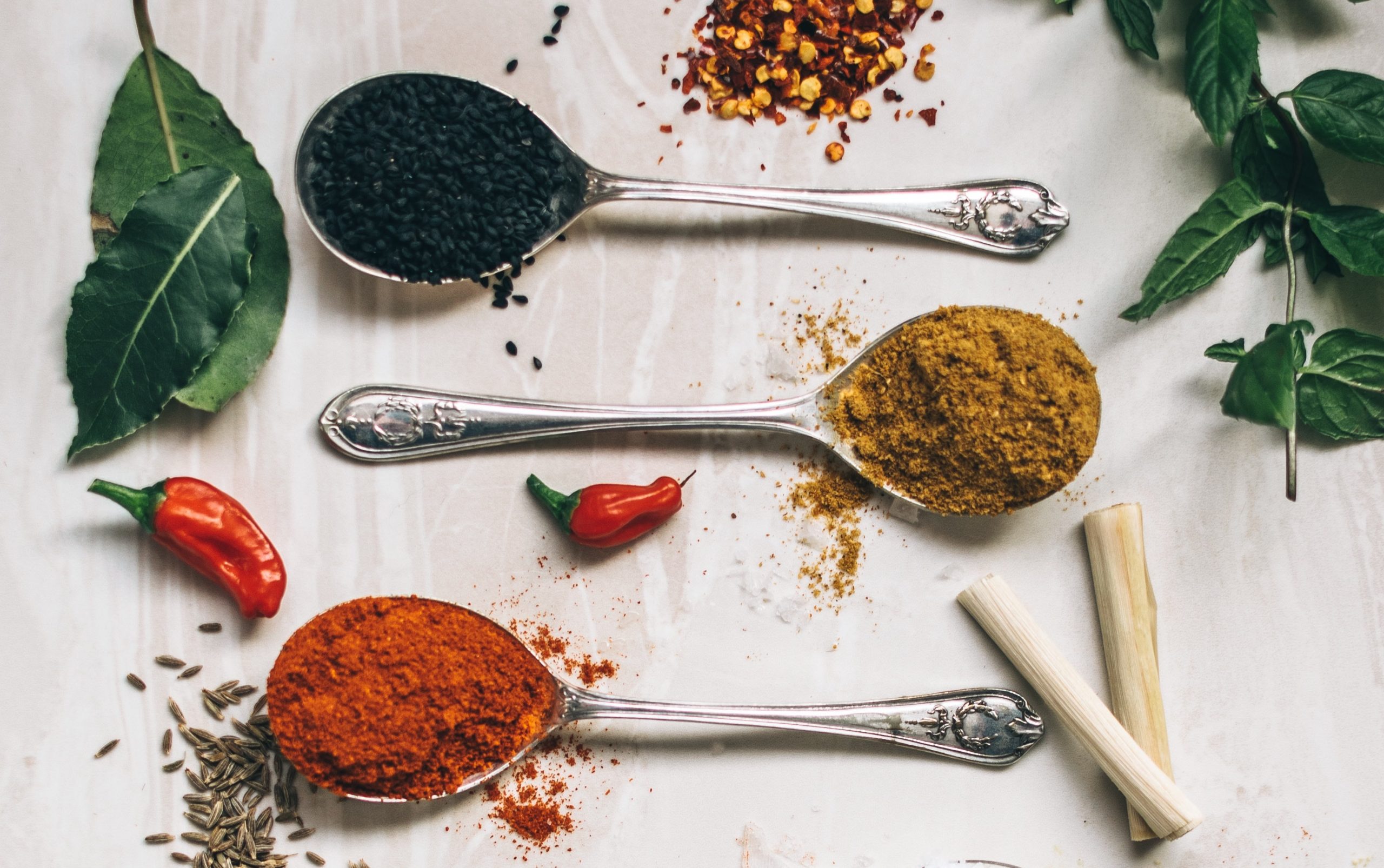In honor of Polycystic Ovarian Syndrome Awareness Month, I am sharing the natural tips and tricks I’ve learned over the years for managing my PCOS symptoms.
It’s such a yucky term: Polycystic Ovarian Syndrome (or PCOS). What does it even mean? I still remember when I was diagnosed with PCOS and thinking to myself, “what the heck is this?” I was an acne-prone teenager with big goofy braces and frizzy hair. All I knew was that my symptoms sucked.
The name PCOS is misleading because although PCOS does affect the ovaries, it is actually a hormonal and insulin issue. This is what I have learned from years of badgering doctors, doing my own research, and writing multiple blogs on the topic.
Affecting 1 in 10 women, Polycystic Ovarian Syndrome is a hormonal disorder that is commonly associated with infertility. Women with PCOS may have some of the following (weird) and unsettling symptoms:
- Hair loss or hair growth in unfortunate places
- Infrequent or prolonged menstrual periods
- Male hormones (androgens or DHEA) pumping through their bodies
- Cysts around follicles of the eggs in their ovaries (not always present)
- Increased insulin levels making them susceptible to Diabetes
- Infertility or history of miscarriage
- Severe or cystic acne
- Depression and anxiety (because yeah)
- Difficulty losing weight
If you have PCOS and you’re reading this, I’m sorry sister. Getting the PCOS diagnosis is painful in so many ways and you feel so…helpless. But there is hope, please understand that there is so much more to know about PCOS than what your doctors, the Internet or your PCOS Facebook groups are telling you.
The truth is on a metaphysical and spiritual level PCOS is formed in your body by stagnant, slow-moving energy in your sacral chakra – that is the area between your hips where all your sexual organs, bladder, and digestive tract lie.

It took me years to figure out how this stagnant energy was affecting me and what do about it. In my life I always knew my periods would come once every few months. There seemed to be no rhyme or reason for tracking when they would come. When they would come, they would be incredibly painful and debilitating. It wasn’t until years later that I found out I have endometriosis as well, a common dual diagnosis or “co-morbidity.”
Here are five natural remedies I have found really help relieve PCOS symptoms:
Natural PCOS Remedy: Yin Yoga

I was introduced to yoga in 2010 and I am so happy that I stumbled upon this healing practice. When it comes to PCOS, yoga can be particularly helpful if practicing the slow and feminine variety – also known as “Yin Yoga.”
Yin Yoga is defined as “a slow-paced style of yoga as exercise, incorporating principles of traditional Chinese medicine, with asanas that are held for longer periods of time than in other styles.”
In Chinese Traditional Medicine (TCM) which has been practiced for thousands of years the aim for the patient is to find an inner sense of balance. Since we are all made from energy we inherently have masculine and feminine energy. With PCOS there is an overload of male energy (thus the reason for an increase of male sex hormones).
When we practice moving our bodies in flowing and feminine ways – like dancing, swimming, yoga, or even fire dancing – we are inviting that pure, feminine energy into our bodies. It is the perfect way to naturally remedy some of your PCOS symptoms. You can begin at home by dancing, doing a PCOS meditation, trying a yin yoga class, or contacting me for a discovery call on how to best manage your symptoms.
Natural PCOS Remedy: Ashwagandha
 I have taken a course of ashwagandha (an Ayurvedic herb from India) two times in my life. Both times I ended up pregnant before the end of the course. This beautiful herb has been known “to help balance cortisol levels, which could improve stress and symptoms of PCOS.”
I have taken a course of ashwagandha (an Ayurvedic herb from India) two times in my life. Both times I ended up pregnant before the end of the course. This beautiful herb has been known “to help balance cortisol levels, which could improve stress and symptoms of PCOS.”
In fact, in a study of 40 PCOS patients who struggled with infertility and were administered ashwagandha they found some interesting results. “In case of subfertility with Poly Cystic Ovarian Syndrome, 85% of patients were successfully get cured from Poly Cystic Ovarian Syndrome, while 75% of patients were conceived.”
Talk to your doctor before beginning any Ayurvedic treatment plan and be sure to know your source of ashwagandha. I used Organic India ashwagandha or this awesome tea.
Natural PCOS Remedy: High Protein, Low Carb Diet

I was a vegetarian for many years and the truth is…I was a terrible vegetarian. It sucks to admit it but I would eat carbs, carbs, carbs and then wonder why I felt horrible all of the time. You see if you have PCOS foods that are high in carbohydrates and starch like bread, cakes, cookies, rice, pasta, tortillas, and potatoes tend to mess up our insulin levels. * Tip: you can totally be plant based and not a bad vegetarian. Don’t be like me.
My doctor once explained it to me this way, “If you and a friend eat a cupcake, your friend will burn off the calories from the cupcake before the end of the day while you might take up to three days to burn off the calories.”
Yikes.
So I realized quickly that I had to start eating a high protein, low carb diet. It’s actually similar to the Keto diet but I cannot go that hardcore. I allow myself “cheat carbs” in one or two meals a day but I cannot eat carbs at every meal.
Some wonderful natural foods to ease your PCOS symptoms:
- Oatmeal or Overnight Oats
- Acai Bowls or Pitaya Bowls
- Chia pudding
- Quinoa with meat or black beans
Food is how we sustain our bodies, so focus on eating food that is healthy and nutritious. Root vegetables, fruit, and grains are always great for the PCOS diet.
Do you have any super natural remedies for PCOS symptoms? Share them in the comments below!
*** DISCLAIMER *** I am not a medical doctor and I always advise you to consult with a physician before adding a holistic treatment plan into your lifestyle. All of the opinions on this blog are my own.








0 Comments